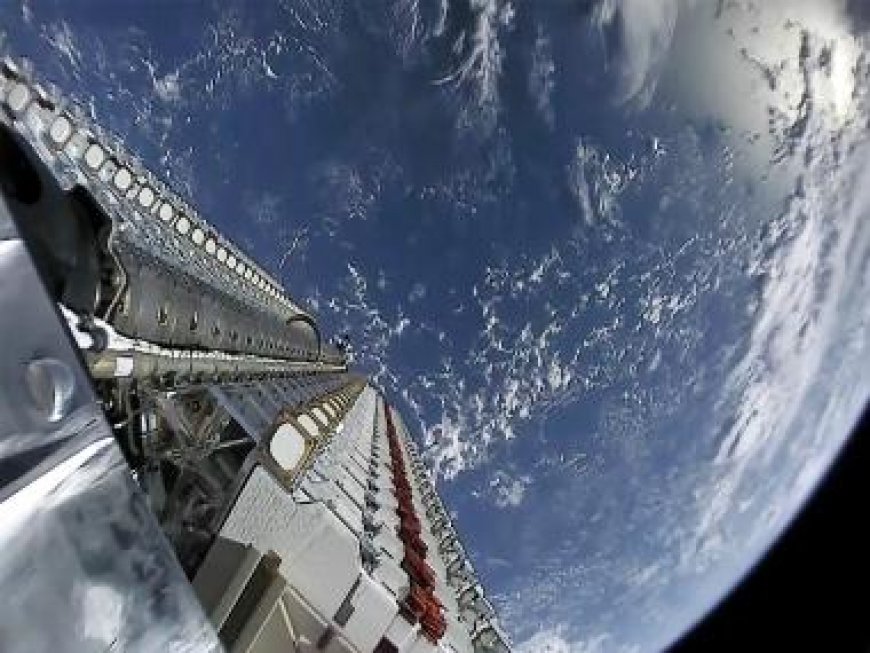Elon Musk's SpaceX set to deorbit over 100 Starlink satellites due to technical flaws
Elon Musk's SpaceX set to deorbit over 100 Starlink satellites due to technical flaws

Elon Musk’s SpaceX has announced plans to deorbit a significant number of early model Starlink satellites due to an unspecified defect, highlighting the complexities and risks associated with massive satellite networks in low Earth orbit (LEO).
While routine satellite deorbiting is part of SpaceX’s operations, this mass disposal of approximately 100 satellites within a short timeframe is unusual. The decision stems from a common issue identified in early-version 1 Starlink satellites that could potentially lead to future failures.
The exact nature of the defect has not been disclosed, and SpaceX remains tight-lipped about additional details. However, the company assures customers that Starlink services will continue uninterrupted, and the deorbiting process will not pose a collision risk to other satellites.
Replacing the affected satellites should not pose a challenge for SpaceX, with its capacity to launch over 200 Starlink satellites each month. The current Starlink fleet comprises thousands of functioning satellites, with plans to deploy tens of thousands more.
Operating at altitudes ranging from 211 to 382 miles or about 340 to 614 kilometres), Starlink satellites are designed to provide internet services through ground receivers. While natural deorbiting due to atmospheric drag takes years, controlled deorbits facilitated by onboard propulsion systems are quicker and safer.
SpaceX’s proactive approach to satellite disposal reflects its commitment to space safety and sustainability. While not compelled by existing regulations, the company emphasizes the importance of responsible satellite management and encourages others to follow suit.
This incident underscores the broader challenge of regulating satellite operations to ensure space safety and sustainability. While laws like the Federal Communications Commission’s (FCC) five-year deorbiting rule aim to address space debris concerns, challenges remain in detecting and addressing potential satellite defects before they escalate.
Effective space traffic management requires international cooperation, improved tracking technology, and adherence to standardized practices. By prioritizing these efforts, stakeholders can mitigate risks and ensure the long-term viability of low Earth orbit for future space activities.
(With inputs from agencies)
What's Your Reaction?



























































